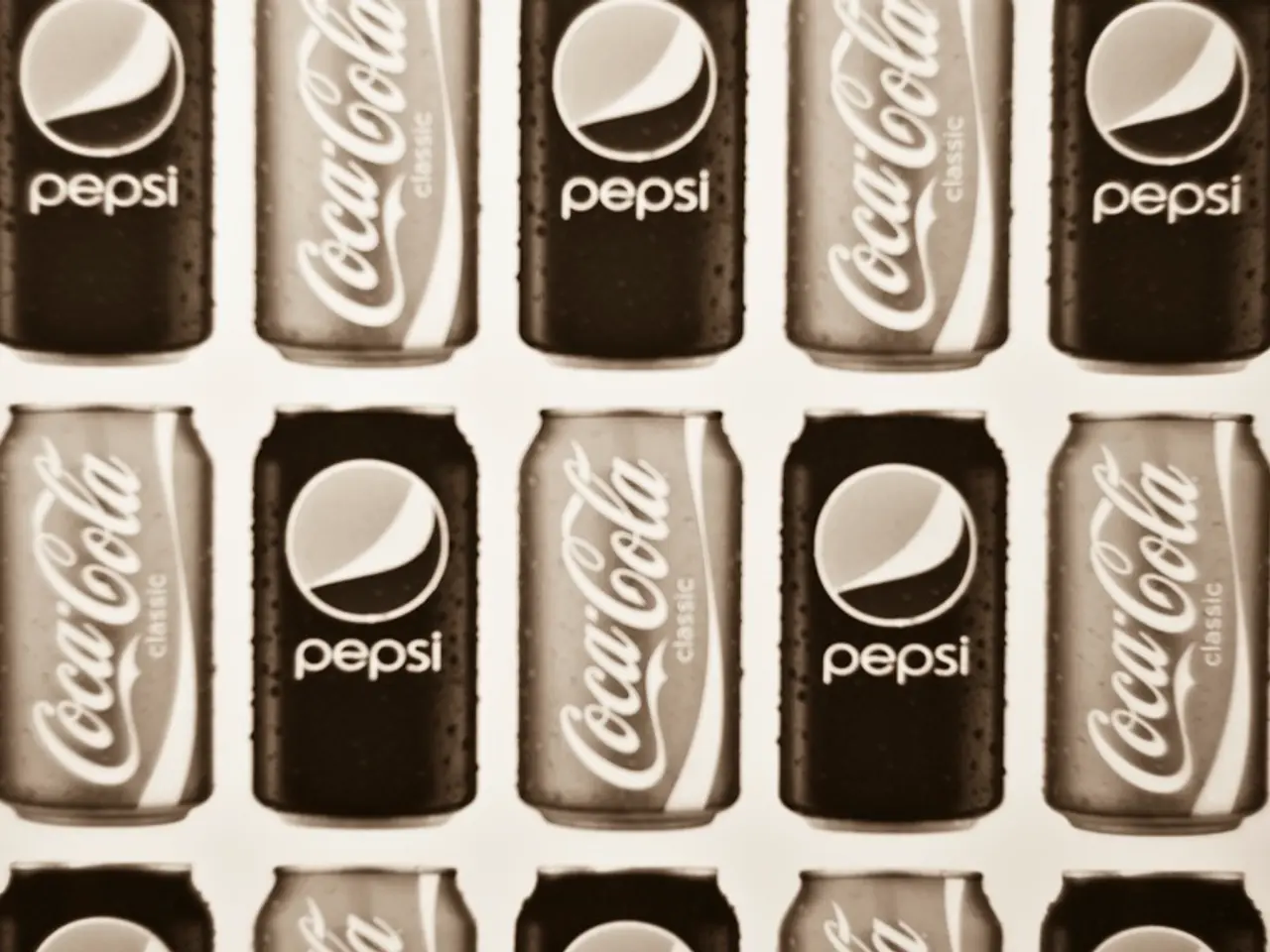Russia's Struggles with Low-carbon Technology Adoption
The European Union (EU) is grappling with the need to strengthen trade relations with countries like China, Democratic Republic of the Congo (DRC), Indonesia, Guinea, and others, as a short-term solution to secure critical materials for its industrial landscape. This necessity arises amidst concerns over the supply chain threats to the electric vehicle (EV) rollout and the potential impact of sanctions on key Russian production materials.
Europe currently imports approximately 7 billion euros worth of metals, rubber, and minerals annually from Russia, including nickel, palladium, lithium, cobalt, platinum, neon-gas, aluminium, and copper. However, the war in Ukraine has caused a reversal in the downward price trend of clean tech, including EV batteries, leading to predictions of higher prices of as much as $1,500 and $3,000 per vehicle.
The EU's goal of slashing emissions by 2050 would require around 35% more copper and aluminium, and around 45% more silicon than it consumes today. This increased demand, coupled with supply disruptions and market tightness of key metals, has caused renewable energy and low carbon technology prices to soar by up to 20%.
The electric vehicle industry is already experiencing supply chain interruptions, primarily due to chip shortages and raw material costs. Production levels at e-vehicle carmakers such as Tesla, Nissan, BMW, and VW are impacted, with German carmakers expecting to produce 700,000 fewer cars this year compared to last year due to these issues.
The demand for nickel and cobalt, key raw materials for clean tech and renewable energy technology, is expected to increase by two and three times, respectively, as part of the Green Deal. The main supplier countries for the EU's emissions of lithium, cobalt, and nickel, seeking alternative sources for Europe's increasing demand, include countries like Australia, Chile, and Argentina for lithium; the Democratic Republic of Congo for cobalt; and Indonesia, the Philippines, and Russia for nickel.
The Centre for European Policy Studies (CEPS) states that the EU has high levels of dependency for materials required for major decarbonisation technologies. Tobias Gehrke of the Royal Institute for International Relations argues that severe supply shortages of these raw materials in the coming months constitute a strategic threat to EU economic security and the EU's capacity to deliver on its transformative green and digital ambition.
A recent study by the German Economic Institute suggests that new trade relations with alternative export nations for these raw materials are essential. The UK has increased import tariffs on platinum and palladium by 35 percent, citing the need to inflict damage on the Russian war machine.
Russia is a significant exporter of many metals and gases used in battery production (lithium, cobalt, nickel, palladium) and also supplies essential materials for car catalytic converters (palladium), fuel cells and electrolysers (platinum, palladium, iridium), rare earth elements for permanent magnets in electric-vehicle traction motors and wind turbine generators, and aluminium, copper, and silicon metals for turbines and solar panels.
As the EU navigates these challenges, it becomes increasingly clear that securing access to critical materials is interwoven with its efforts to transform its industrial landscape and meet its ambitious goals for emissions reduction.
Read also:
- Nightly sweat episodes linked to GERD: Crucial insights explained
- Antitussives: List of Examples, Functions, Adverse Reactions, and Additional Details
- Asthma Diagnosis: Exploring FeNO Tests and Related Treatments
- Unfortunate Financial Disarray for a Family from California After an Expensive Emergency Room Visit with Their Burned Infant








